Pads. Irritation. Plastic. Rashes. Menstruation can be messy in more ways than one. Despite intense social campaigning in the past few years, the issue continues to be taboo in several parts of the country. Especially in rural India, a lot of women still do not have access to education regarding menstruation or to products such as sanitary pads to help them through their period. And even in urban areas, where sanitary pads are more easily available, little is done in terms of educating users about the detrimental effects these products have on the environment.
But a group of entrepreneurs from MIT is all set to change this. In 2014, three women, studying in MIT, Kristin Kagetsu, Amrita Saigal and Grace Kane, set up Saathi, a company that would make biodegradable sanitary napkins made out of banana fiber. Now, almost two years later, they are set to launch their product into the competitive market.

A friend to the environment
“The idea was to create a product which will not only be useful to menstruating women but also be responsible to the environment. ” Kirstin Kagetsu, one of the founders and Current CEO of Saathi Pads tells ScoopWhoop News.
Every year, sanitary pad waste collects in landfills, where it piles up into a toxic, non-biodegradable mass of bacteria such as Escherichia coli. Incineration, one of the most common ways to dispose of such waste, has to be done in such a way that the toxic fumes released do not escape into the air.
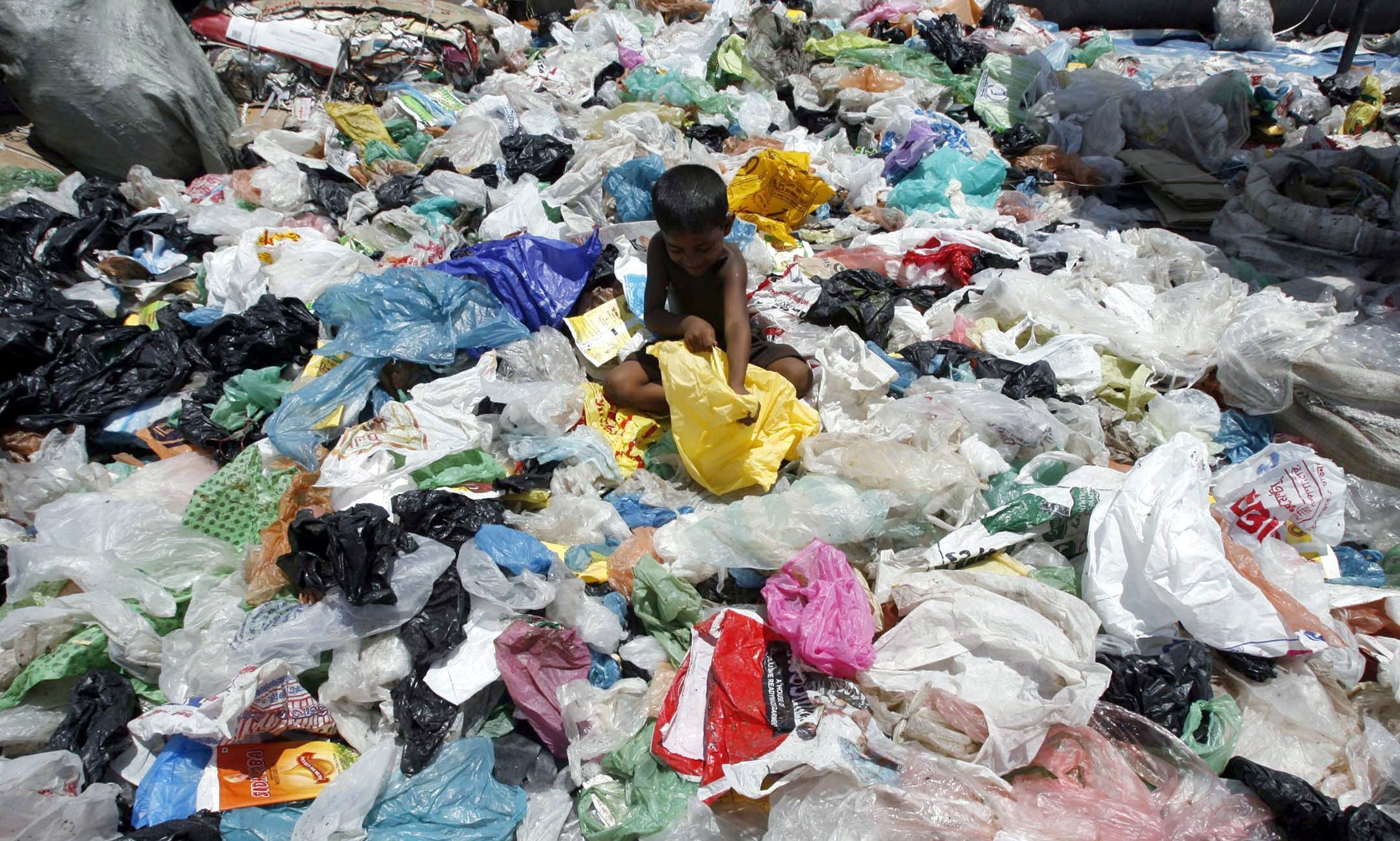
Here is where Saathi pads differs:
“We make our pads out of banana fiber. Unlike other commercial brands, we do not use any chemicals such as bleach and materials such as variants of plastic and rayon. Saathi pads are made using 100% eco-friendly materials such biodegradable plastic, non-woven biodegradable SAP. It naturally decomposes within 6 months.” Kristin told ScoopWhoop News.
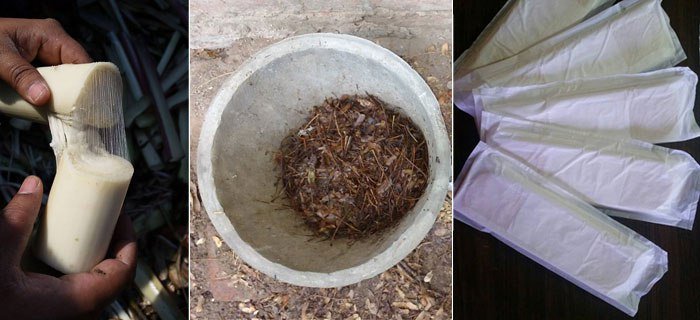
A friend to women
The main focus behind the venture was however the sheer unavailability of commercial sanitary pads to women, especially in rural India.
“Only 16% of women in India use sanitary napkins. What are the other women using? Kristin asks.
Tarun Bothra, Chief Engineer at Saathi pads and head of the India operations, tells ScoopWhoop News:
“We held workshops and educative sessions in villages in Jharkhand with the help of local NGOs such as Ekal Vidyalaya and Arogya Foundation. We found that women were not even aware of the options they had. Some of them were using cloths during their periods or other makeshift pads, an uncomfortable and extremely unhygienic practice in the long run.”
Commercial pads are usually expensive and not easily affordable. Before its release in urban the market, the start-up plans to distribute free sample pads to women in rural areas to build an acceptance for the product and a potential market.
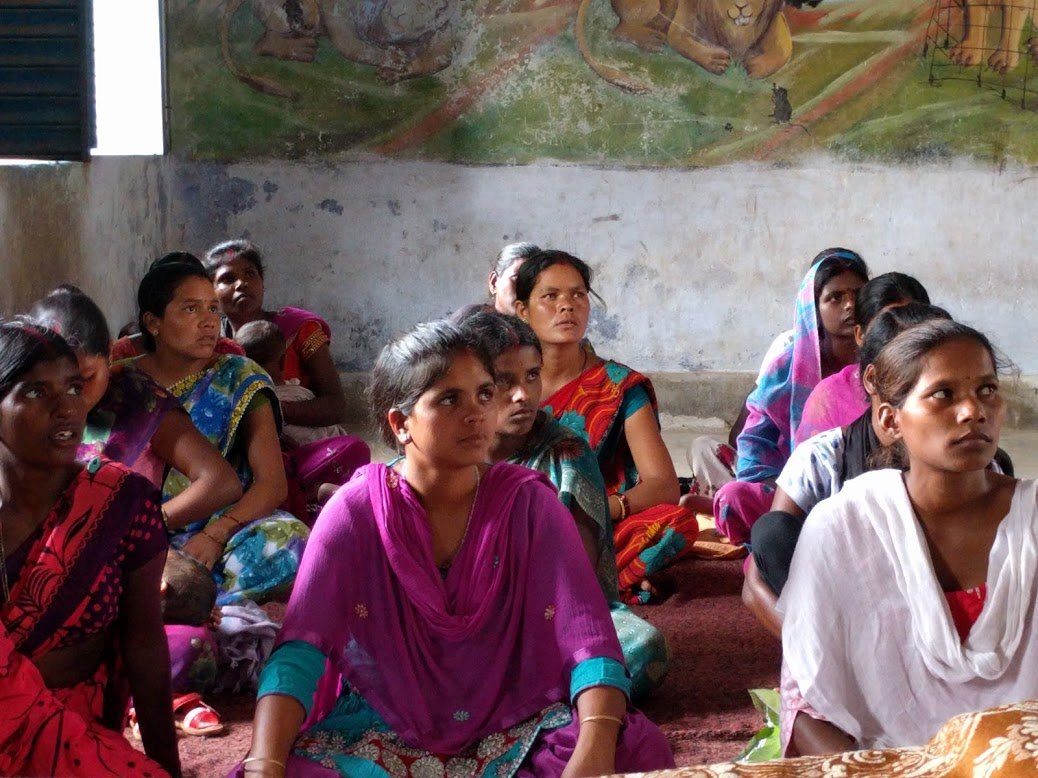
“Even though other cheap alternative are available in some places, at costs as low as Rs 2, the quality of the product is inferior. Saathi pads is not a flimsy substitute but a complete product.” Tarun adds.
A healthier alternative
Substances used in making the ‘clean’, super-absorbent and perfumed sanitary pads that cover advertorials more often than not contain highly toxic substances that can enter the bloodstream and cause severe problems such as skin rashes and irritation and even hormonal imbalances, infections, or worse. Several studies have linked chemicals found in commercial tampons to Toxic Shock Syndrome in women.
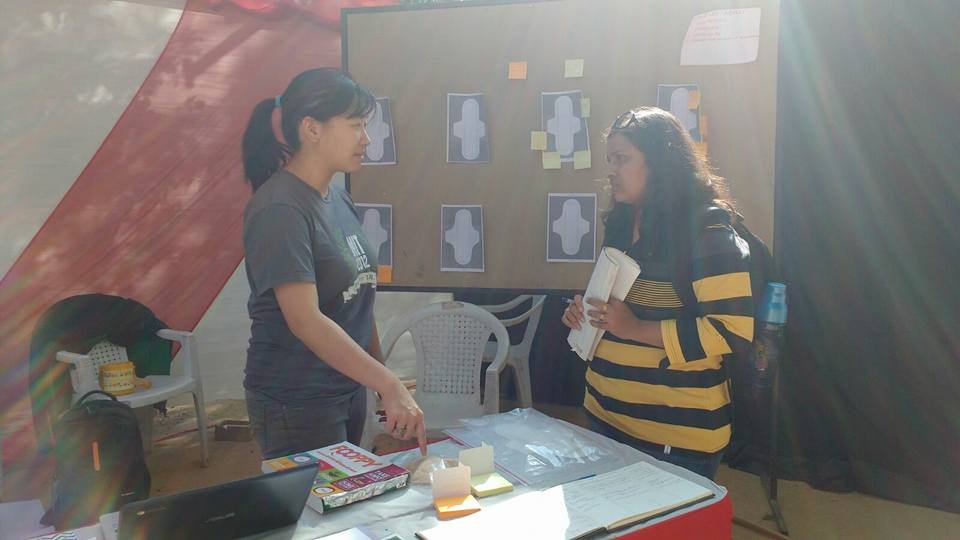
‘The pad is soft and does not cause any irritation to the skin since there is no ‘absorbent’ plastic coating on them or the cocktail of chemicals as are found in other commercial pads.” Kristin told ScoopWhoop News.
Once it has been launched, the product will sell at competitive prices in the urban market. However, Tarun says the product will be subsidised for the rural market.
But it’s not the only one
Saathi pads are not the only biodegradable sanitary napkins made out of organic material available to rural women in India.
Aakar is a similar pad production unit which produces the organic and eco-friendly Anandi napkins which are sold at a 40 percent lower price than commercial brands.
International brands such as Natracare have also branched out into developing alternative and eco friendly solutions to feminine hygiene.
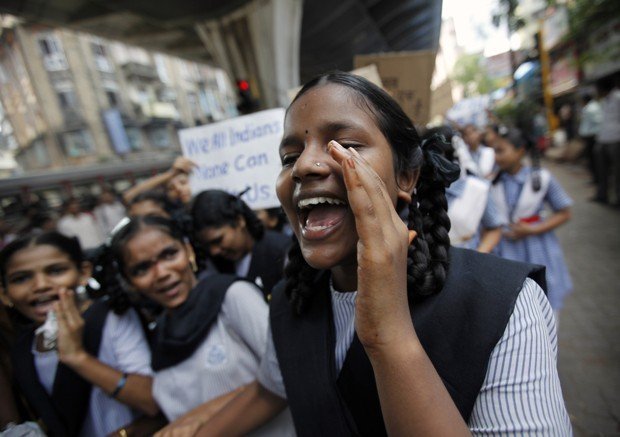
By combining women’s health and environment, these new products are creating new benchmarks in the way menstrual health products are produced. The biodegradable Saathi pad will hit the markets in the first half of 2017.
Feature Image Source: Facebook/Saathipads

















